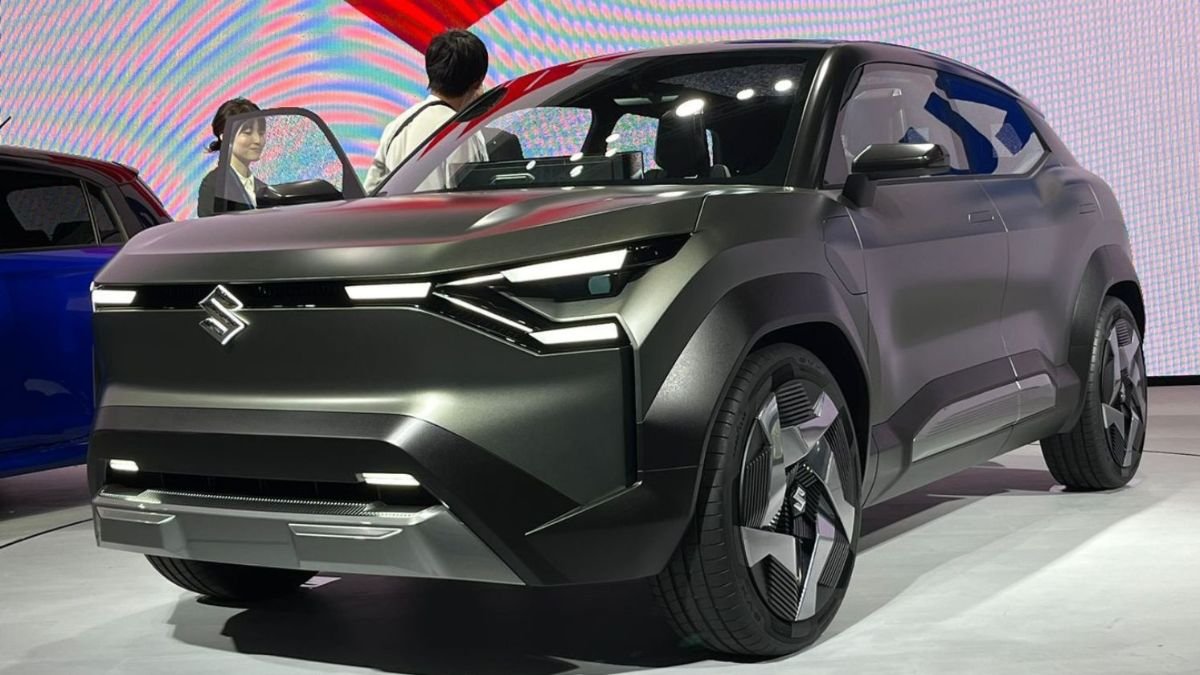In keeping with its reputation for reliability, Maruti Suzuki prepares the Alto EV for an entry into the electric vehicle space while keeping affordability stats on the table. Set for a late introduction in 2024, the all-electric transformation of India’s best-selling entry-level car will further serve the cause of affordable urban commuting. The compact EV may just become the people’s favorite for zero-emission daily driving.
Familiar Design With A Green Twist
The Alto EV retains the cheerful compact silhouette behind the successful petrol version, slightly adorned with EV-specific styling cues. Expect a blank front grille, wheel covers that improve aerodynamics, and blue highlights that signify its electric identity. This car is still lightweight and offers a tight turning radius, perfect for those bustling city streets; Minimal changes, as seen in early spy shots, are expected inside—the trademark Alto cabin will surely have the utmost efficient use of space.
Powertrain Tailored For Urban Commutes
Maruti is likely to offer the Alto EV with a small battery pack, in the range of 20-25 kWh, with a practical range of about 150-200 km, just the right fit for daily urban use. An electric motor with output likely tuned for energetic low-speed acceleration rather than cruising on the highway will help the small light vehicle fulfill all requirements. Instant torque will guarantee ease during stop-and-go traffic. Using DC fast charging, charging 0-80% in less than 1 hour should be achievable; Home charging would naturally take 5-6 hours for full charge on a normal socket.
Feature Upgrades Over Petrol Model
With the Alto EV, we are expecting a budget-oriented model with features upgraded enough to justify a premium over the fossil-fuel versions. Expect a digital instrument cluster with range readout, regenerative braking setting instructions, and touchscreen infotainment with connected car features. Safety will witness an upgrade, too, with dual airbags and ABS becoming standard, a significant upgrade over the base petrol variant.
The Affordability Challenge
Maruti’s big challenge would be to price this model competitively. According to industry experts, an ex-showroom price range of ₹8-10 lakh, post-subsidy, would be its ticket to becoming the most affordable EV in India. While inflation in price compared to the petrol variant may still prevail, it may find its convincing grounds for high-mileage users with lower running costs (₹1-1.5/km versus ₹4-5/km for petrol) and minimal maintenance.
Also Read: Bajaj Pulsar NS400Z Comes With Muscular Design And Powerful Engine, Check Price
